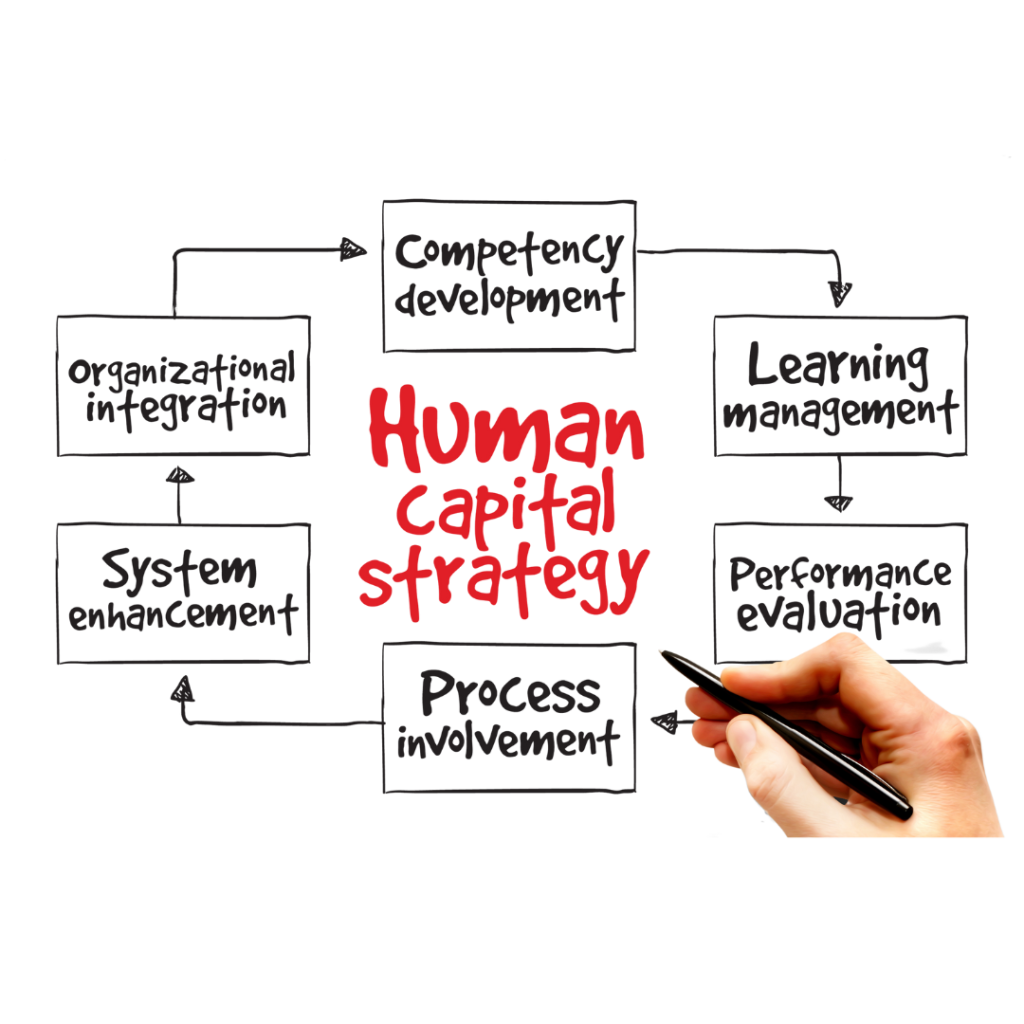Author(s) name(s): Dr. Katina Grigoraskos
Keywords: Human Resources Management, training and development, online training, corporate training, training effectiveness
In our current global situation, the role of the digital world plays a crucial role in the stability of training and development efforts in Human Resource Management. Although there are known benefits and disadvantages of online corporate training, it is important to continue developing such systems for the commitment towards the future growth of online training and improvement of training quality to meet business objectives. Moving forward, it will be essential to measure the effectiveness of these programs in terms of short- and long-term impacts on the learning, behavior and knowledge application of business professionals, in order to enhance the quality and success of these programs and contribute to better performance and attainment of organizational goals (Schmeeckle, 2003).
Research exploring the utilization of e-learning in corporate training sectors has revealed several vital features to be explored in terms of assessing and evaluating such programs, including learner and trainer perceptions, learning (transfer of knowledge, development of skills and attitudes), behaviour and transfer to work performance, results in attaining organizational goals, return on investment (ROI), and content quality (Strother, 2002). Elements to determine factors including quality, effectiveness, benefits, challenges and perceptions associated with e-learning should be further scrutinized and understood in order to improve quality of these tools as effective means of shaping human potential.
As the current state of the physical and social world increases in both complexity and uncertainty, the role of the digital world plays a crucial role in the stability of training and development efforts in Human Resource Management and organizations. Online platforms can be used for communication and collaboration purposes, as well as for corporate training and organizational development. Although there are known benefits and disadvantages of online corporate training, it is important to continue developing such systems for the commitment towards the future growth of online training and improvement of training quality to meet business objectives. Moving forward, it will be essential to measure the effectiveness of these programs in terms of short- and long-term impacts on the learning, behaviour and knowledge application of business professionals, in order to enhance and ensure the quality and success of these programs and contribute to better employee performance and attainment of organizational goals (Schmeeckle, 2003).

“As human capital becomes the main source of economic value, education and training become lifelong endeavors” (Jokic et al., 2012, p160) for many professionals. In a rapidly globalizing world, it has become necessary for professionals and organizations to be adaptable and continue developing and expanding skill sets and knowledge. Thus, it is essential that organizations place a stronger emphasis on developing its intellectual capital, as this is becoming a key competitive advantage in this type of global context. Organizations that provide more education and training opportunities for employees build a more qualified workforce and contribute more value to the organization.
Being able to train employees within the workplace is an added advantage and solution to common issues associated with training. This can also increase satisfaction of employees and for the organization, it means increased productivity, profit and competitiveness (Jokic et al., 2012).
Submitted by Dr. Katina Grigoraskos on Sep 13, 2022

